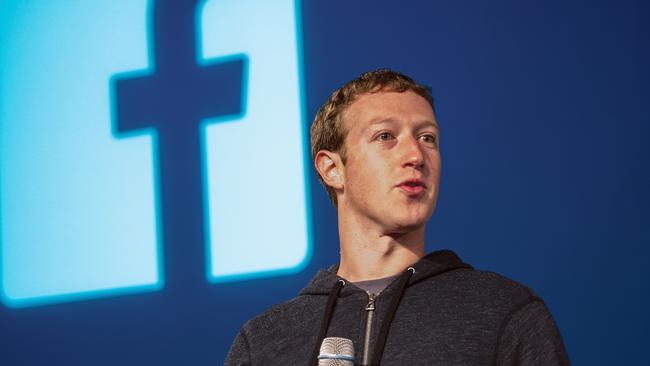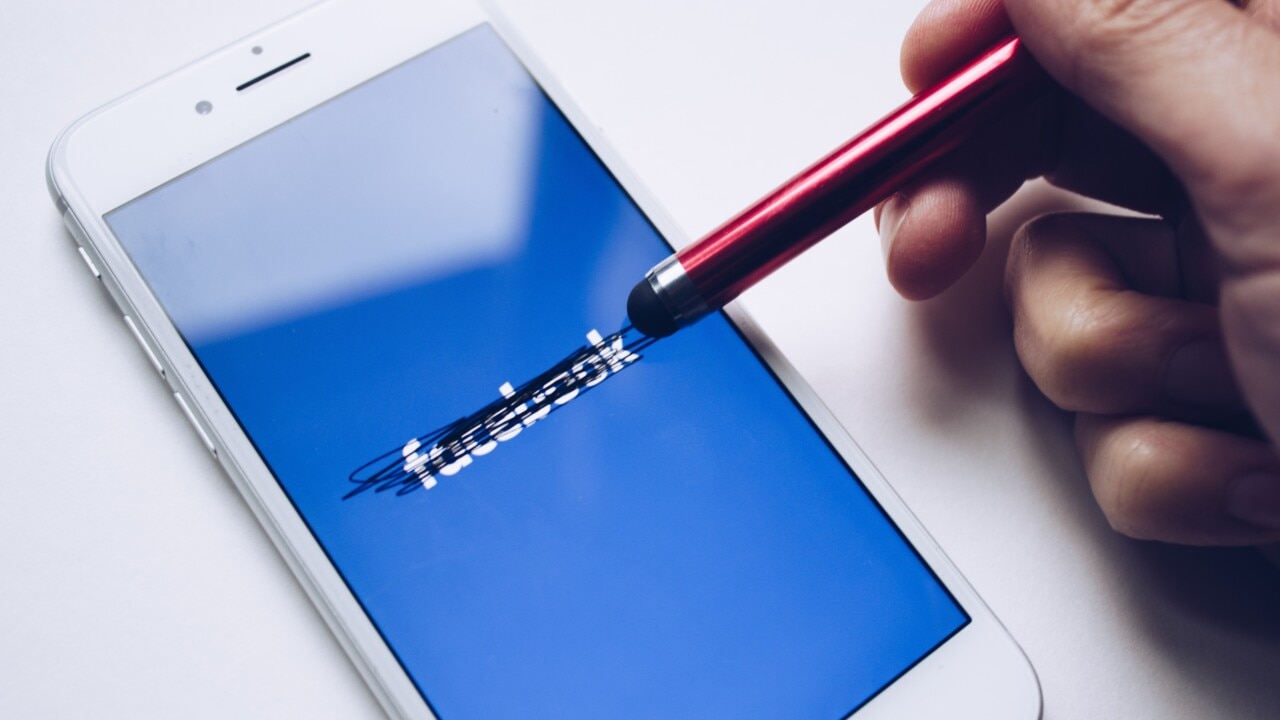Greg Barila: Why Facebook doesn’t care about real news (but fake news is fine)
Facebook isn’t powered by fairly reported news from trusted sources. It only cares about “engagement” – whether that’s good, bad or ugly, writes Greg Barila.

Opinion
Don't miss out on the headlines from Opinion. Followed categories will be added to My News.
Around 2008, I remember demonstrating a brand new platform called “Twitter” to my editor.
Looking at my computer monitor over my shoulder, he watched as I showed him as bite-sized snippets from mainstream news publishers cascaded down the screen before us, in something called a “news feed”, a never-ending waterfall of information.
As I recall, he was suitably intrigued, even if, in the moment, he didn’t quite understand exactly how it worked, or why it might matter to our mission as a newsroom and I was ill-equipped to properly explain its looming impact.
But as a young digital upstart, watching closely as a huge disruptive storm began transforming our industry, it eventually became clear that platforms like Twitter were quickly amassing new audiences – and that if we, news publishers, wanted to stay relevant and connected to our audiences, we needed to be there, too.
I set up Twitter accounts for every community newspaper masthead we published. We opened Facebook pages, a YouTube account and yes, don’t laugh, even a MySpace.
For at least the first few years, the rightness of the strategy was obvious and measurable. The follower and fan count on our various brand accounts ticked higher as we gradually built digital communities around our journalism and engaged with them in ways we never had before.
For the first time in our storied history as newspaper publishers, accustomed to parsing reader feedback in the form of letters to the editor and daily phone calls, we could now speak to our readers directly, in real time, all the time.

As a publisher still finding its way in the digital space after more than five decades publishing only in print, and only once a week, it’s hard to underestimate the significance of this moment.
Social platforms could make our journalism better. I genuinely believed that.
Suddenly, with the push of a button, we could publish relevant local news stories instantly, reaching the people most inclined to care about those stories and stimulate conversations that not only helped to us to keep our finger on the pulse of the communities we existed to serve, but to fold those perspectives back into our newspapers, adding a richness to the daily broth.
Social platforms also transformed the news-gathering process, giving ordinary members of the public powerful tools to instantly publish words and pictures from the scene of an emergency, natural disaster or breaking news moment and converse with our reporters directly.
This was social media at its most powerful, working to connect communities in ways that helped people help each other, stay informed, to have a voice.
But the sad fact of the matter is that Facebook, by constantly manipulating its all-powerful algorithm, which controls which people see which content and when – has rendered its platform less and less relevant to news publishers with every change, because its capacity to put real news from trusted organisations into the News Feeds of those who need and want that content has been seriously diminished.
Publishers are now forced to pay to “boost” or amplify their stories to reach sometimes a fraction of audience the platform once delivered them for free.

The problem is, Facebook isn’t powered by fairly reported news.
It is fuelled by engagement – and one road to engagement is through divisive and highly emotive content, including fake news, misinformation and conspiracy theories.
As SA Greens Senator Sarah Hanson-Young said on Thursday, “Facebook constantly makes excuses for why it allows fake news to be spread on their platform yet overnight has blocked real news.”
In a statement announcing today’s decision to ban Australian news publishers from sharing their content on its platform, Facebook claimed the government’s planned Media Bargaining Law “seeks to penalise Facebook for content it didn’t take or ask for”.
This is disingenuous.
In previous years, Facebook has attempted to tempt news organisations, with modest cash incentives and a share of advertising revenue, to publish content directly into its platform, through products such as “Instant Articles” and through videos produced specifically for its News Feed.
Despite several high-profile traditional mainstream news outlets dabbling in the space, these partnerships have ultimately failed because publishers weren’t seeing sufficient revenues to justify their enormous efforts.
Facebook has tended to promote these initiatives as a sign of their benevolence and desire to support journalism around the world.
What they really were, I think, were attempts to co-opt large, professional media companies to produce content to keep more people on Facebook for longer.
The upshot is that where once Facebook was a powerful and frictionless way for news publishers to build and serve local communities, it has now become an unpredictable behemoth to be second-guessed, a problem to be figured out.
On the plus side, today’s development’s may present news publishers with an opportunity to look for new ways to build direct and meaningful relationships with readers, their customers – be it through their websites, newsletters, apps and new and emerging platforms.
Today, Facebook has demonstrated what it really cares about – itself and the oblique algorithms that have made it one of the biggest money-making machines in history.
Greg Barila was previously The Advertiser’s Social Media Editor.





